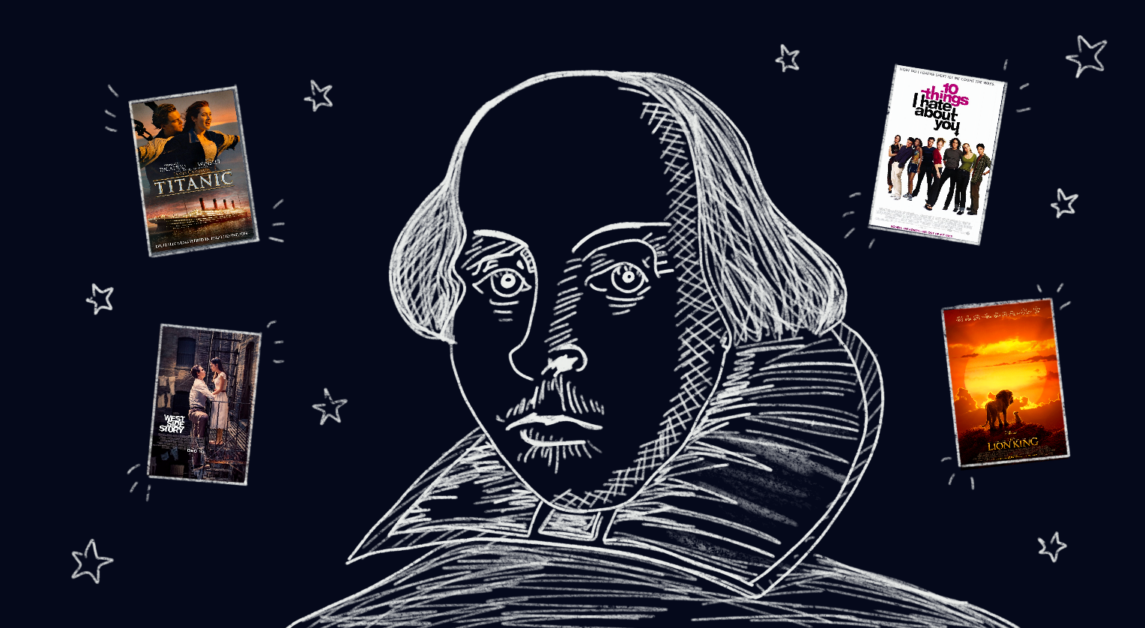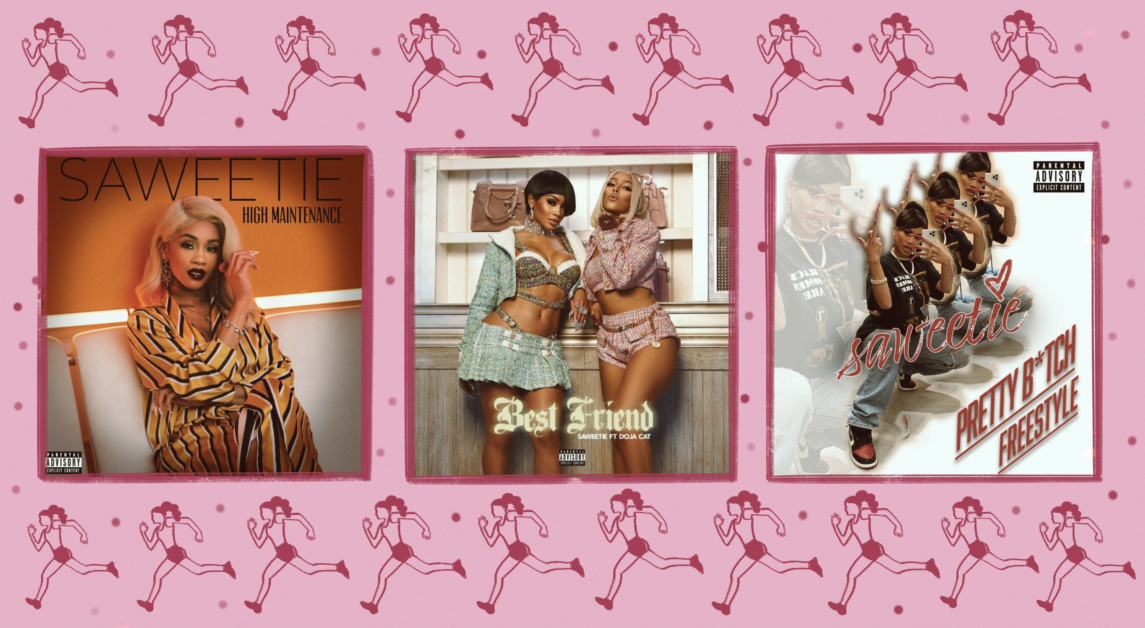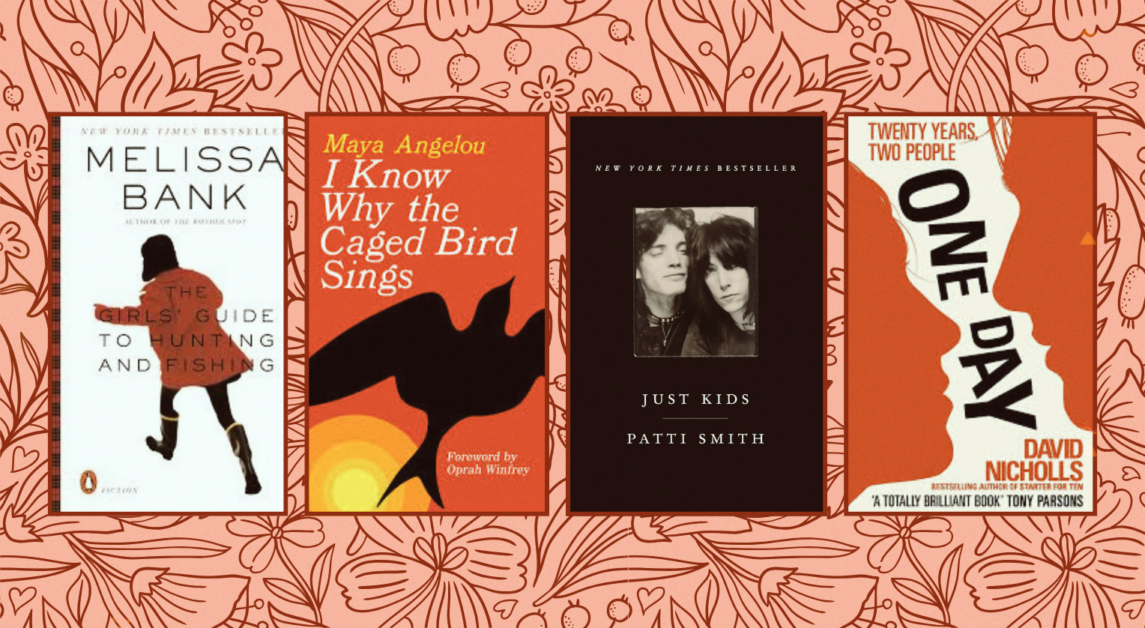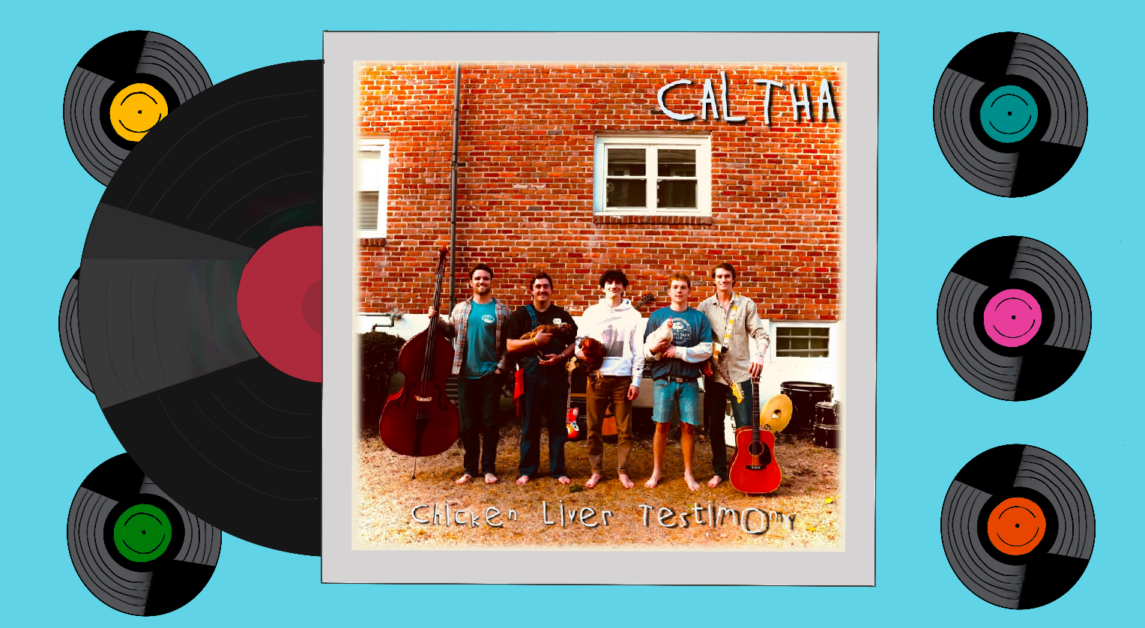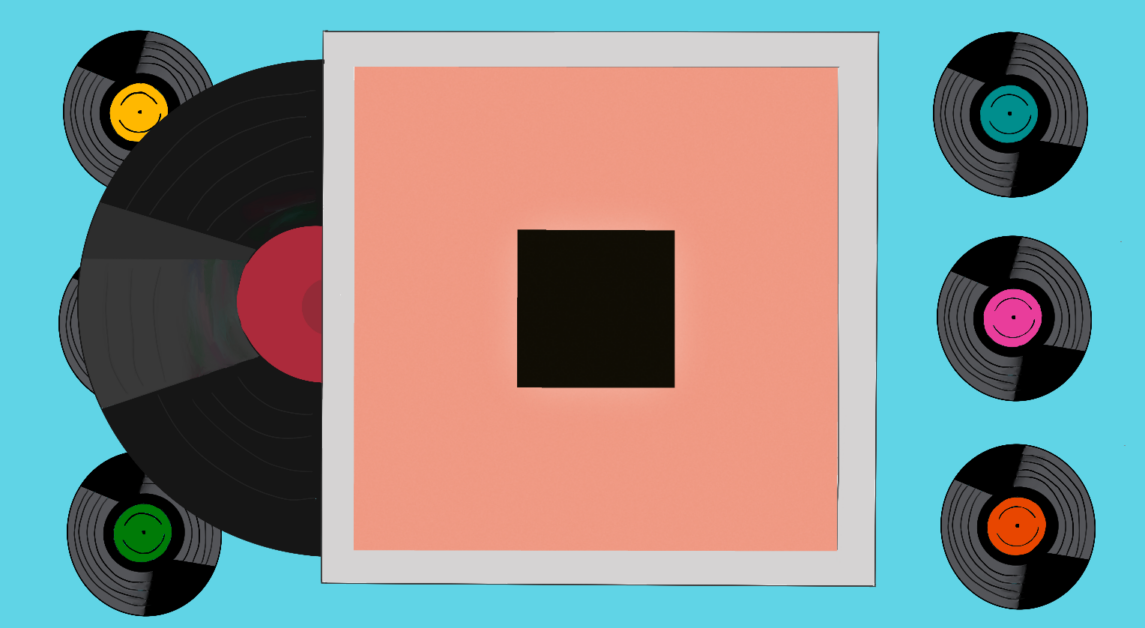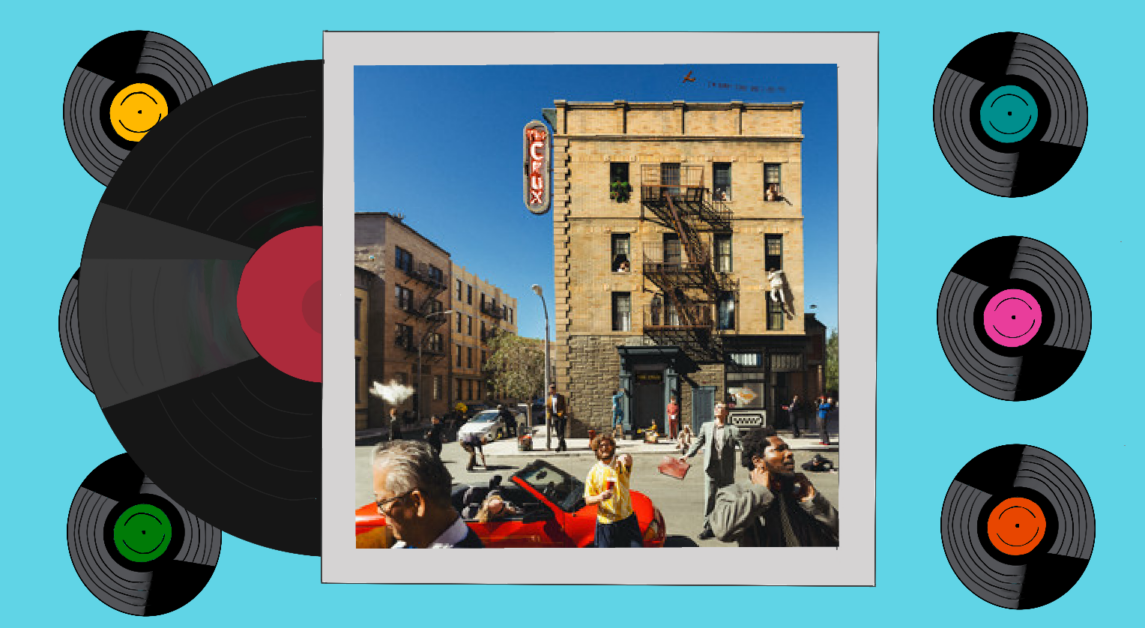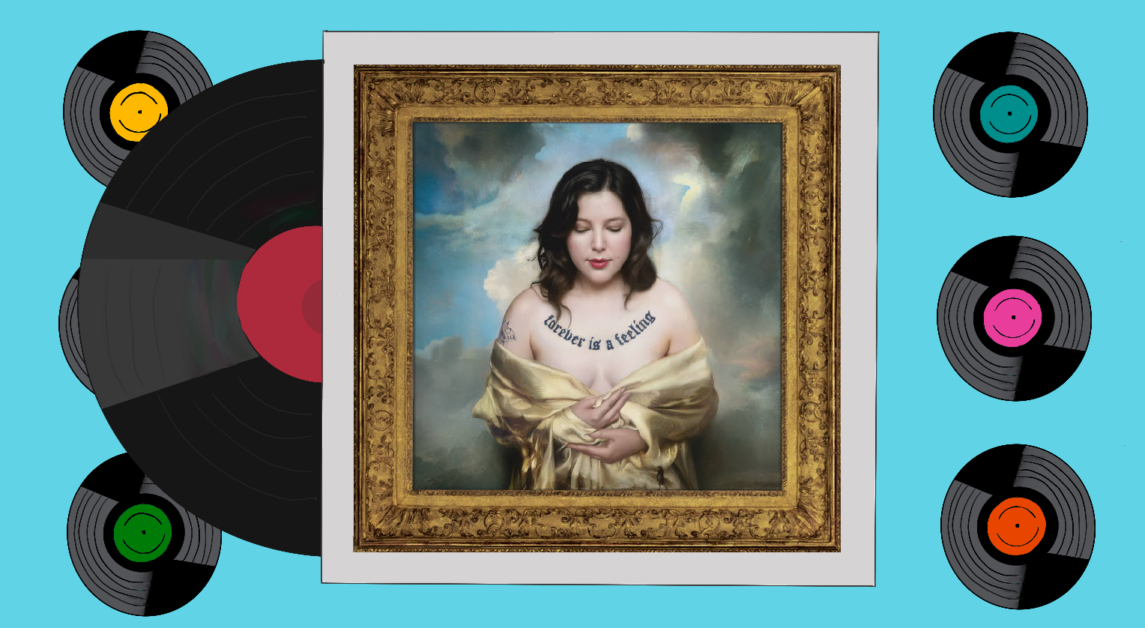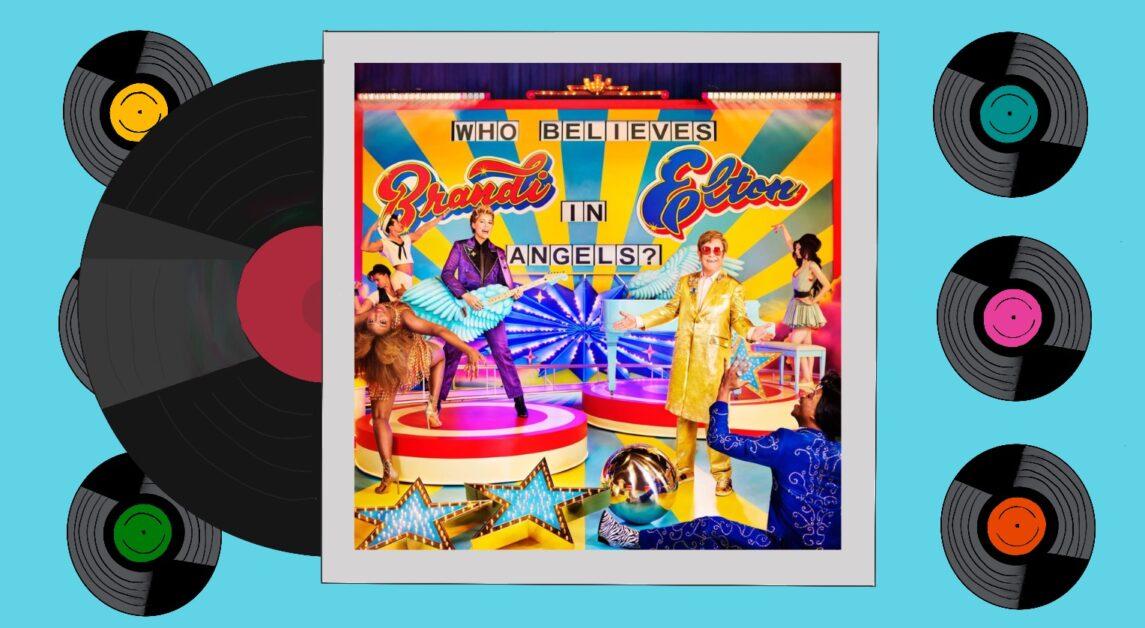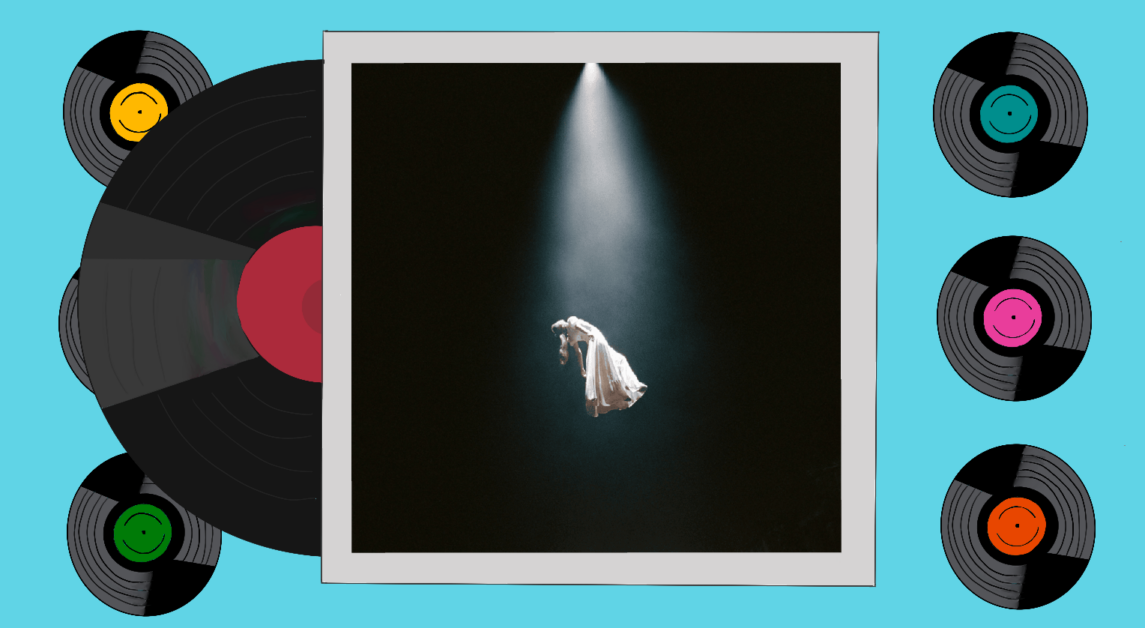I’ve decided to make this column about the modern TV soundtrack phenomenon in pop music. I want to talk about why you might have discovered one of your current “Most Played” songs in a car commercial, or why the No. 1 hit of last summer was an Icona Pop single from 2012, or why the only reason anyone knows Imogen Heap is because her song “Hide and Seek” appeared in the 2006 O.C. finale. If you downloaded the song “Too Close” without knowing Alex Clare because you heard it in an IE9 commercial, this is the column for you.
The television and music industries have reached a point at which the mediums are almost as one. Songs and bands that enter the pop mainstream often start (or get revived) as catchy background tracks in commercials, trailers, and shows. Just think of the first time you heard “Ho Hey” by the Lumineers, “Everybody Talks” by Neon Trees, or “Daylight” by Matt & Kim. Some bands would have likely remained in relative obscurity if it wasn’t for song placement in popular ads (i.e. Fun., Biz Markie, Passion Pit), and others would never have even had their 15 minutes (i.e. Yael Naim, Dirty Vegas, Jet). The Icona Pop song I mentioned before was “I Love It,” and hardly anyone had heard of it until it appeared in an episode of Girls last year and then topped the U.K. charts over a year post-release.
You might compare the modern relationship between TV and radio to that of inseparable Siamese twins, but it’s really more akin to one of those creepy situations where one twin absorbs the other one in the womb and then finds a tooth in his shoulder at age 6. The music industry has been rendered so weak by the iTunes monopoly, online alternatives, independent groups deviating for a larger share of their royalties (think Macklemore & Ryan Lewis), and the steep decline of radio patronage that it’s been essentially consumed by the monolithic commercial presence of television. That isn’t to say that no good music is being made-it’s just reaching your ears in very different ways, whether that means you find music on pitchfork.com or in a Kia ad.
Some labels have already embraced the change. Marmoset Music, a small record agency in Portland, programmed a website in 2013 to help ad corporations find songs for their commercials and mediate agreements with the artists for the rights. The site’s co-founder, Ryan Wines, has joked that its unofficial tagline should be “helping artists sell out.” Innovation like that of Marmoset Music, though, gives us a larger variety of sources from which to hear music, and therefore a more eclectic/creative mainstream. That’s a good thing, right?
Well, the issue here comes when you consider the complicated concept of artistic integrity. That’s the nagging little voice that whines in your ear when Zeppelin’s “Rock ‘n’ Roll” became the official spokes-song for Cadillac, or when the riff from “Blister in the Sun” by the Violent Femmes ends up in a Wendy’s commercial. The human embodiment of this voice of integrity is Steve Albini, an immensely prolific music producer who’s worked with Nirvana, the Pixies, Flogging Molly, and a tremendous list of others that no one has ever heard of. The man is too principled to function. Albini has insisted, in an ongoing series of impassioned and explicit rants, that bands are responsible for preserving the soul of their art, which he believes is desecrated by frivolous licensing and phony marketing ploys. Albini refuses to work with bands who let their songs appear in advertisements, and he disowns any indie musician who turns to soundtrack options as a way of making a quick buck.
Is he right?
In my opinion, yes and no. Yes, I believe that art is sacred and needs to exist for some reason other than the money. I think that artists who let their entire image become product placement for Pepsi and The Voice deserve all the flack they get-Stephen Tyler can go tongue-punch a circuit breaker, for all I care. That said, I think we give independent artists too hard a time for wanting to make some money on the side of their careers: letting your song appear in one Budweiser ad doesn’t have to change your artistic direction. So perhaps we should say that, having a song get popular from a TV commercial is relatively benign, so long as you don’t let it completely change the way you make music. We’ll leave it at that for now.
And remember, drink Sprite!








